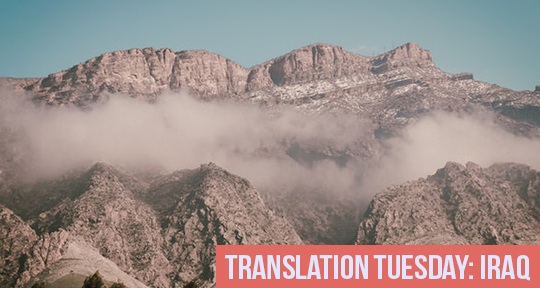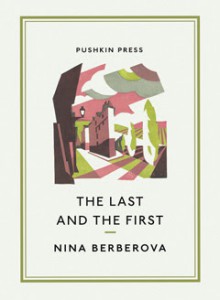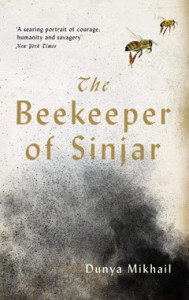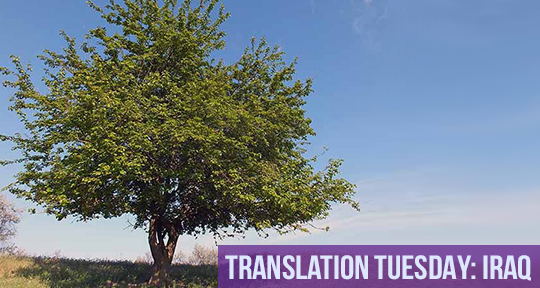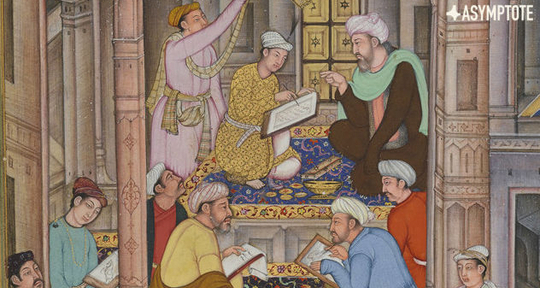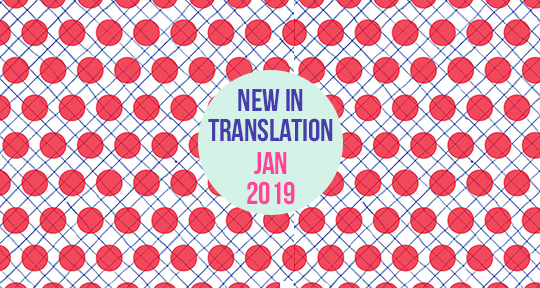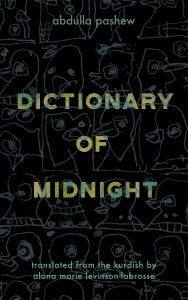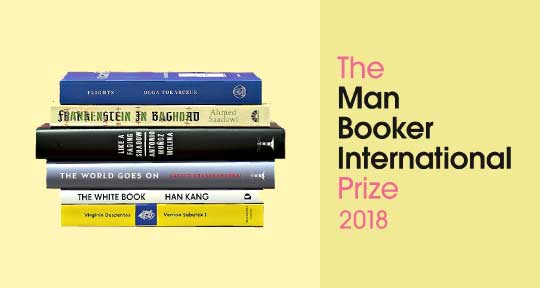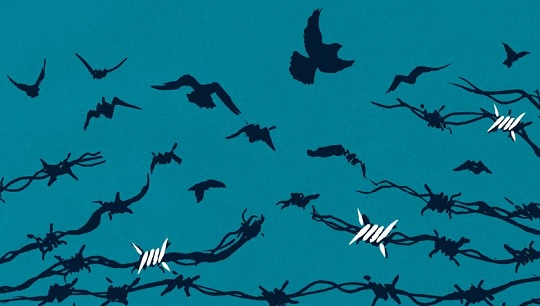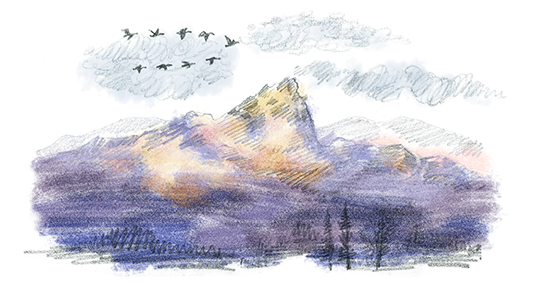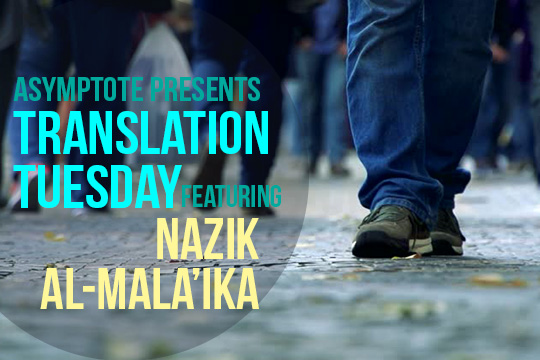Though best known as the pioneer of “free verse” in Arabic, Nazik al-Mala’ika was in fact a fervent defender of Arabic meter, both in her poetry and in her criticism. Indeed, her theory of free verse was not very “free” at all, but rather took the undulating metrical feet of classical Arabic verse as the basis for a new prosodic system. Where classical poetry is governed by fixed line lengths and strict monorhyme, al-Mala’ika’s prosody allowed modern poets to vary the number of feet in each line and weave their rhymes as they saw fit. “Meter is the soul that electrifies literary material and transforms it into poetry,” she wrote in the critical text Issues in Contemporary Poetry. “Indeed, images and feelings do not become poetic, in the true sense, until they are touched by the fingers of music and the pulse of meter beats in their veins.”
To honor al-Mala’ika’s belief in meter’s vitality—the way it can anchor meaning in the body, transforming ordinary speech into a form of incantation—I have rendered her metered, rhymed Arabic verse into English metrical forms that reproduce, in some form, the music of the Arabic. Where al-Mala’ika uses the mutadarik or “continuous” meter in Arabic, for example, I use anapestic hexameter, English’s answer to Arabic’s most galloping verse form. Al-Mala’ika’s poetry, with its balance between tradition and innovation, ultimately teaches us not to deal so violently with the past, but rather to tread lightly in poetry’s ancient footsteps. My hope is that my English renderings of her verse might begin to do precisely this.
— Emily Drumsta
To A Girl Sleeping In The Street
In Karrada at night, wind and rain before dawn,
when the dark is a roof or a drape never drawn,
when the night’s at its peak and the dark’s full of rain,
and the wet silence roils like a fierce hurricane,
the lament of the wind fills the deserted street,
the arcades groan in pain, and the lamps softly weep.
READ MORE…


